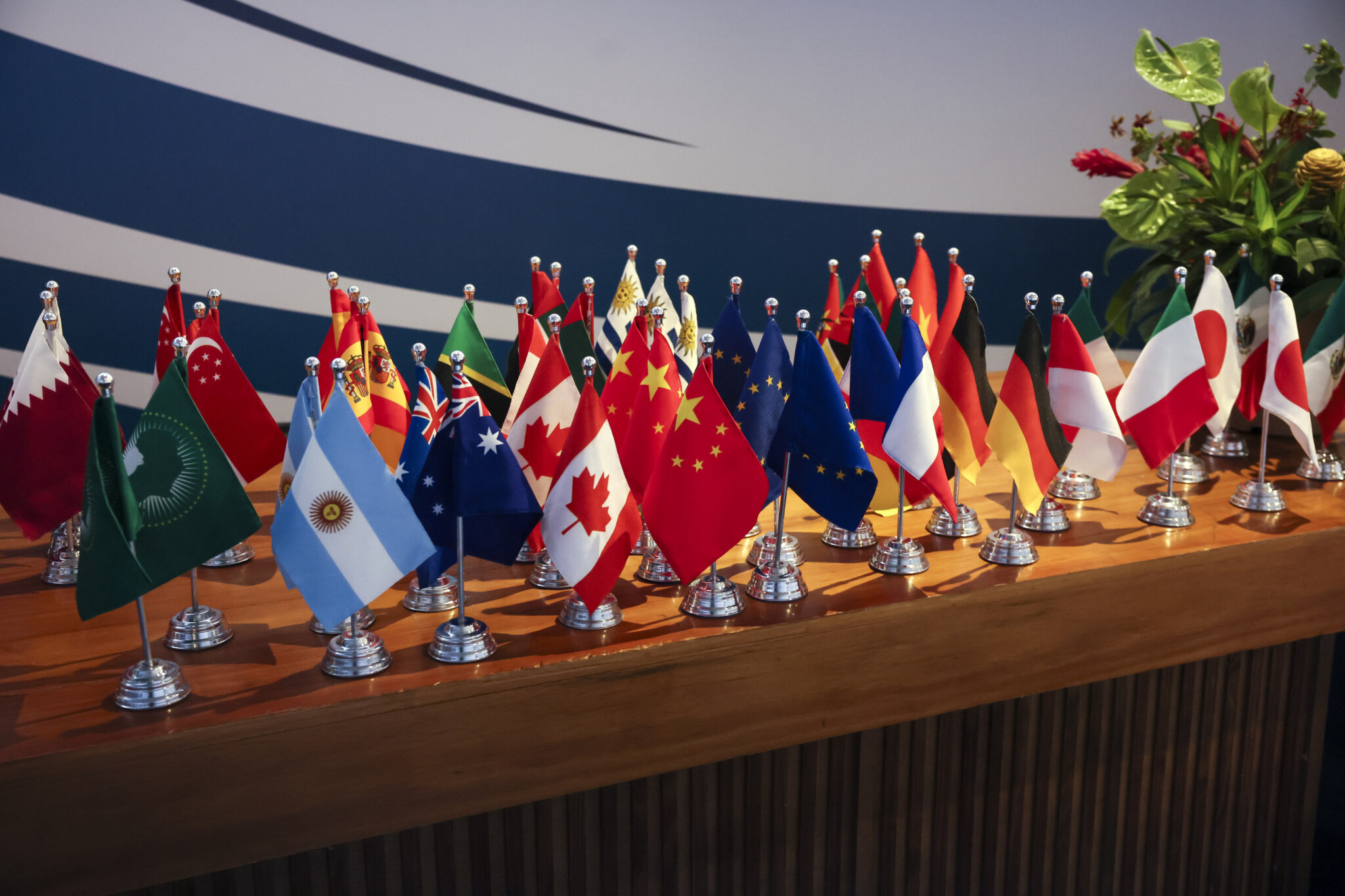A new Canadian government will need to restore clarity, ambition, and coordination to Canadian foreign policy, along with the fine art of saying and doing things internationally to advance the national interest. This requires having a clear sense of what our national interest is, and the internal coordination and discipline to advance it. It’s a process of policy delivery that begins with the leadership of the prime minister in Ottawa and ends with our diplomats stationed around the globe.
For much of its modern history, Canadian foreign policy simply involved navigating in the broad and generous wake of the United States, by far the key foreign contributor to our security, prosperity, and well-being.
But in the 21st century this has become harder to do. That’s because the U.S. has itself found global navigation more difficult. As a result, it has come to expect more from its allies, Canada included. “Diplomatic free riding”, a bad habit we’ve adopted over the last decades, now comes at a cost. Our exclusion from the first and most significant phase of an important new security alliance linking the U.S. with the U.K. and Australia should have been a wake-up call.
But Canada seems strangely unable to wake up. As the U.S. agonizes about managing its borders, we’ve allowed our border to become less secure, threatening our ability to move people and products quickly and efficiently in our shared North American space.
It hasn’t helped that our government assumes that the national interest can be adequately addressed through a self-flattering feminist foreign policy, something that involves using billions of aid dollars to persuade poorer countries to become just like progressive Canada.
Far from gaining us more friends and more international influence, what currently passes for Canadian foreign policy has left us more isolated and less influential.
Worse, our major political parties remain addicted to the delusion that our engagement with rising foreign powers like India and China is mainly about securing votes in diaspora communities in Canada. Our elected officials see foreign policy as an exotic stage on which to conduct Canadian politics. This is an insult to people who have chosen to become Canadians and a dangerous invitation to interfere, sent to the oppressive countries they have left behind.
The good news is that the very starkness of our current foreign policy failure means that even small steps in the right direction would be noticed and, we must hope, appreciated by our allies—starting with the new U.S. administration now taking shape.
My suggestion is that rather than trying to fix everything at once, Canada puts maximum effort into delivering on three priority foreign policy pledges.
The first is that we get serious about our national defence and pursue the necessary commitments, financial or otherwise, to restore the combat readiness of the Canadian Armed Forces.
The second is that we reopen Canada’s energy sector to trade and investment.
The third is that we act immediately to enhance Canadian and North American security. New safeguards would include increased resources along our shared border, a registry of foreign agents, and the establishment of a Canada-U.S. task force to combat foreign interference.
These pledges should be clearly elaborated in crisp mandate letters to the ministers responsible, abandoning the rambling invocations of identical platitudes that pass for prime ministerial direction today. Importantly, the letters would be carefully cross-referenced so that success would require the cooperation of multiple ministers. We can’t reopen our energy sector if our environmental policies continue to advocate shutting it down. Success will also require a coordinated diplomatic push in Washington, our U.S. consulates, and in key capitals abroad. While the prime minister is responsible for ensuring coordination at the highest level, this must be reinforced by ministers who are collegial and accountable, and by their deputy ministers, who are expected to operate on the same basis.
This was the sort of wiring put in place by the Independent Panel on Canada’s Future Role in Afghanistan (the “Manley Panel”), which was created by Prime Minister Stephen Harper to overcome the disconnects and internal rivalries that had plagued Canada’s mission in Afghanistan and forge a consensus.
As secretary to the panel, I saw its work firsthand. I was impressed by the importance the panellists attached to ensuring that our ambassador in Kabul was empowered to serve as a crucial link in ensuring the coordination necessary for achieving Canada’s objectives. Other senior ambassadors, posted in Washington and London, and at NATO and the UN, reinforced this collective effort by keeping our allies informed and quickly intervening if problems were encountered.
And it worked.
The final stage of the Afghanistan mission involved the prime minister seeking expert advice to define the national interest, holding his ministers responsible for delivering on that advice, and deploying Canadian ambassadors to secure the international support necessary for its success. In other words, it saw Canada engage in foreign policy on a sophisticated level.
Unfortunately, the plan was abandoned when the mission concluded. Ottawa resumed its normal state of perpetual conflict among warring bureaucratic empires, ambassadors were largely ignored or forgotten, and the interests of individual departments once again superseded those of the nation.
Under our current government, foreign service itself seems to have changed, becoming less about listening, learning, and interpreting, and more about broadcasting Ottawa’s latest progressive talking points. I can’t think of anything more uninspiring.
Reclaiming our place in the world is far more central to Canadian interests than Afghanistan ever was. But we can learn much from that example. We must pursue clear and truly national objectives in a coordinated manner, and intelligently deploy all our resources–from the vision of an engaged prime minister all the way to informed and connected ambassadors in the field.










